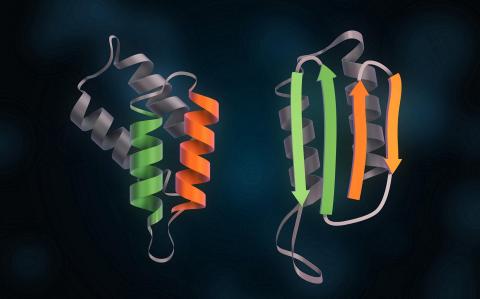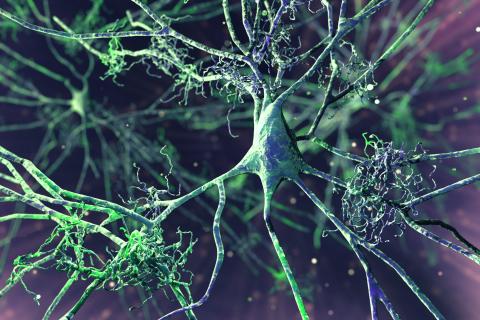A technique that silences prions in the brains of mice could be used to treat prion diseases and other neurodegenerative pathologies
This article is 1 year old
A technique that silences prions in the brains of mice could be used to treat prion diseases and other neurodegenerative pathologies
In a new study in mice published in Science, researchers present CHARM, an epigenetic editor that can be used to silence prion protein throughout the brain. The tool offers a path to effective first-line treatment for patients with fatal prion diseases, as well as other neurodegenerative diseases caused by the toxic accumulation of unwanted proteins.

Expert reactions
Juan Carlos Espinosa Martín - editor priones EN
Juan Carlos Espinosa Martín
Senior Scientist at the Animal Health Research Centre (CISA) of the National Institute for Agricultural and Food Research and Technology (INIA-CSIC)
Science Media Centre Spain
It is a very important study because:
- It opens up a new therapeutic avenue for these fatal diseases which, in many cases, affect families carrying mutations in the prion protein whose members wait with dread for the appearance of the characteristic clinical signs. It is worth mentioning that one of the authors of the paper is a carrier of such a mutation.
- It is a model therapy for the set of diseases associated with the misfolding and accumulation of pathogenic proteins that cause neurodegeneration and known as prion-like diseases such as Alzheimer's, Parkinson's or amyotrophic lateral sclerosis (ALS). Therefore, the implications of epigenetic control of target protein expression go beyond the field of prion diseases.
The author has not responded to our request to declare conflicts of interest
EN
Publications
Journal
Science
Publication date
Authors
Neumann et al.
Study types:
- Research article
- Peer reviewed
- Animals
You may be interested in



